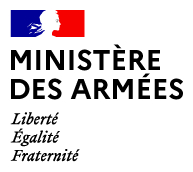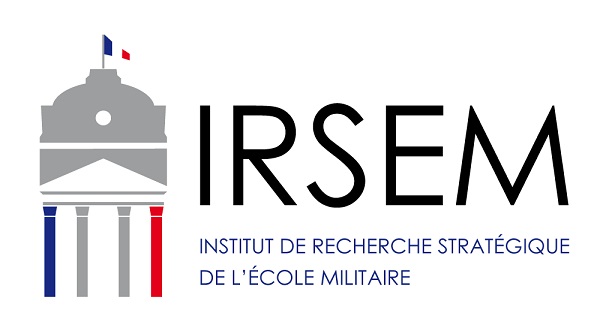On June, 9, 2023, IRSEM held a seminar on the European Peace Facility (EPF), led by Amélie Zima, European Security researcher It brought together practitioners and researchers specialising on European affairs and armament issues: Lucie Béraud-Sudreau, programme director at the Stockholm International Peace Research Institute (SIPRI, Stockholm), Adrien Frier, Strategic Affairs adviser to the Minister for Europe and Foreign Affairs, Pierre Haroche, Senior Lecturer at Queen Mary University and Yohann Michel, Researcher at the International Institute for Strategic Studies (IISS).
Participants commented on the evolution of the EPF, an extra-budgetary instrument initially created to train armed forces, mainly in Africa, and not to buy arms. This shortcoming has facilitated Russia’s penetration and foothold on the African continent, namely through arm sales, as it can be seen in the Central African Republic. The issue of supplying equipment to EU-trained armies was taken up by the European External Action Service (EEAS). The latter saw it as a means to compete institutionally with the European Commission, which at the time was launching the European Defence Fund (EDF). Supplying equipment also ensured a degree of coherence in EU policies as it would then be involved in all stages of training, from military exercises to armaments.
Speakers underlined the many benefits of the EPF in terms of its flexibility and scalability, as well as its possible use as a security guarantee for Ukraine and as a strategic warning tool vis-à-vis Russia. The presentations also addressed the limits of the EPF, namely related to manufacturing standards. They namely highlighted the issues faced by Ukrainian troops when receiving standard european weapons : the time allocated to training and getting accustomed to the EU equipment sent via the EPF often comes at the expense of combat. They also described the distinction that is being made between lethal and non-lethal weapons as irrelevant, arguing that non-lethal equipment can prove decisive in enabling armies to advance. Participants also analysed the shortcomings of the budget mechanism, as there is an apparent difficulty to keep track of expenditure incurred and reimbursements requested by Member States. This is partly due to the fact that some member states do not have a clear budget line for the EPF, resulting in a lack of transparency. Lastly, the speakers emphasised the importance of the transfers made by the EU Member States, the total of which equals the United States’s and is surpassed only by the UK’s. This also serves as a reminder that one should be wary of the misconceptions around NATO and the EU, as the former is often seen as playing a central role in the war in Ukraine, although it is the latter, in addition to the EFF, which is in the front line, via its trade policy for the implementation of sanctions but also though aid policies to welcome Ukrainian refugees on its soil.



